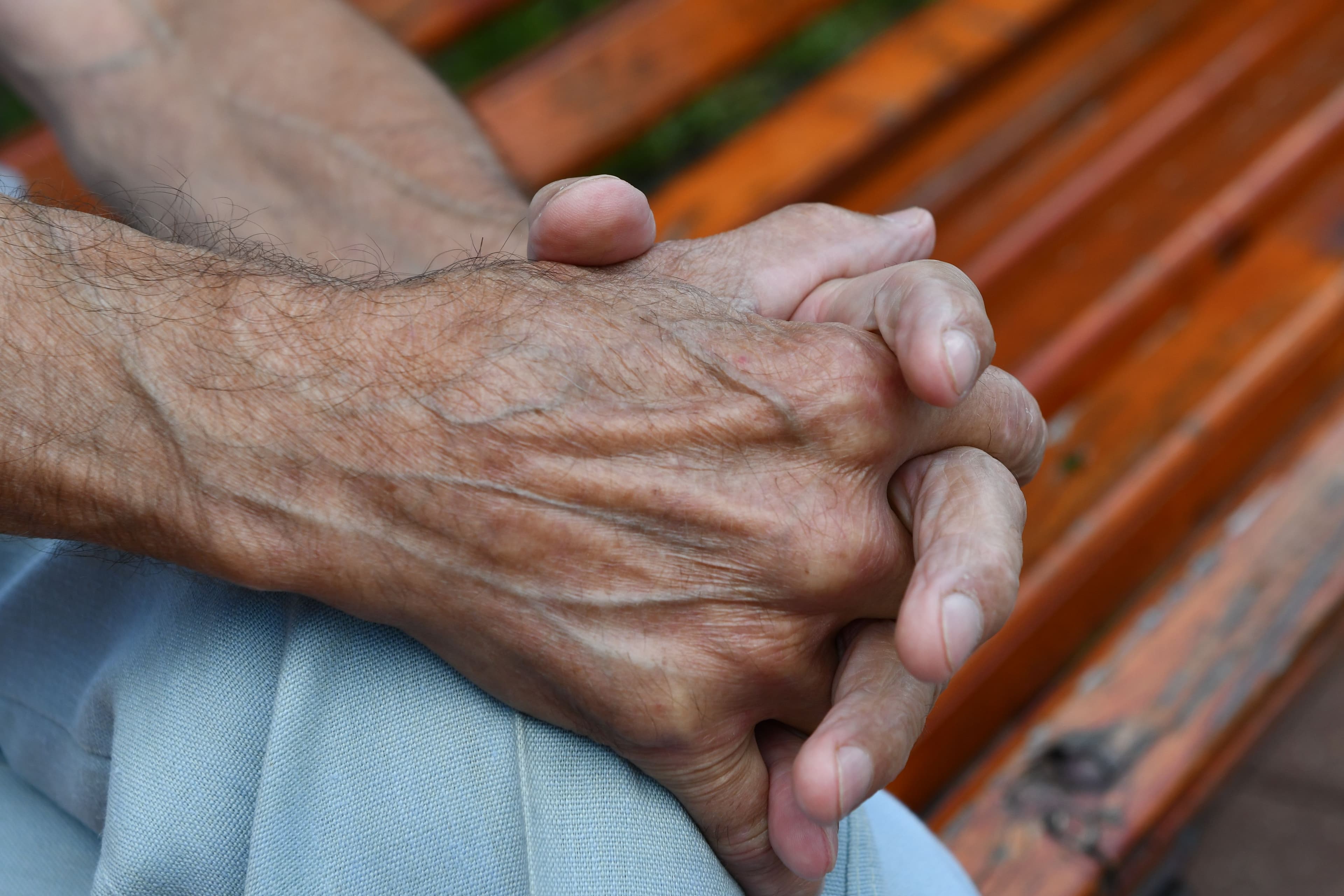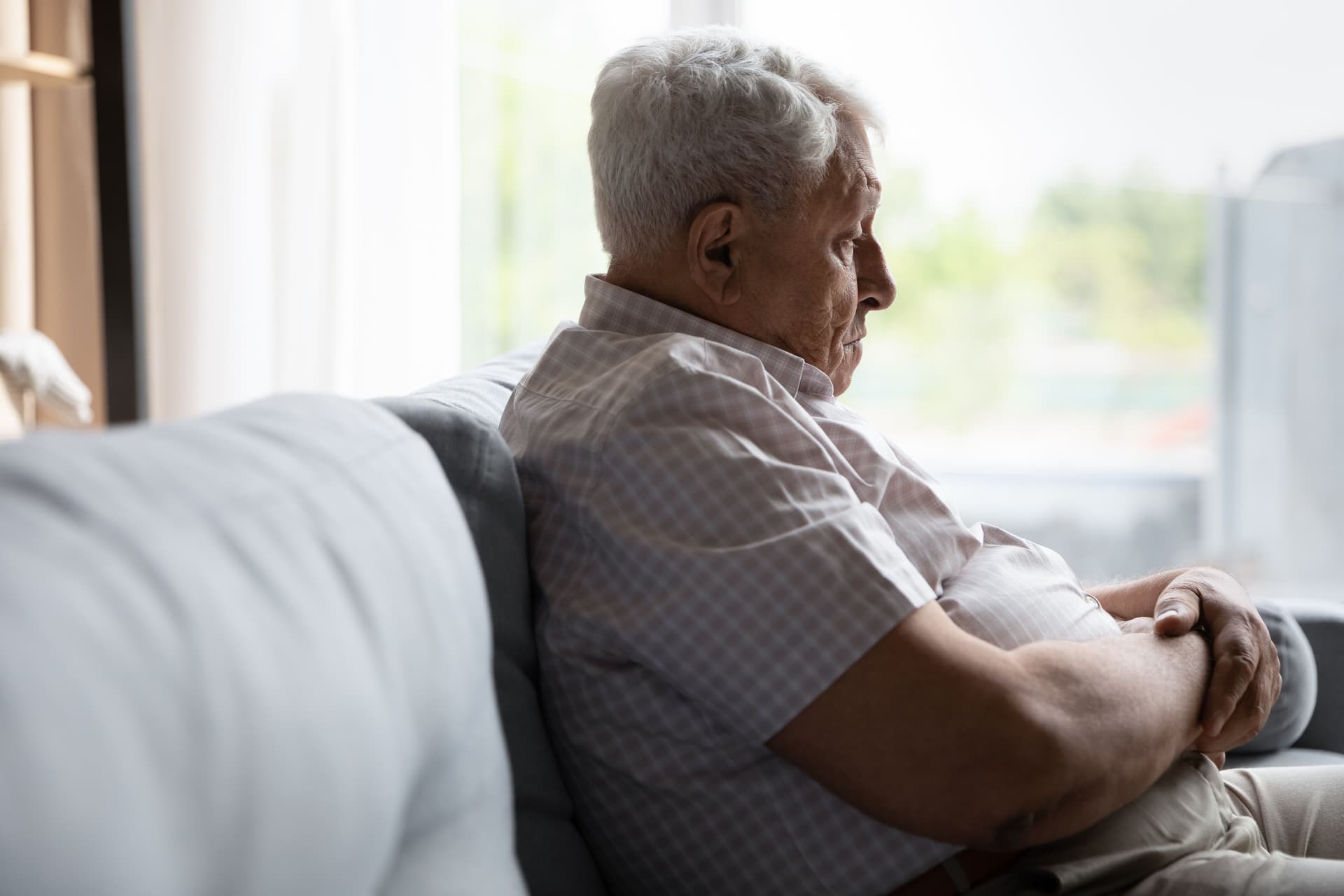
Nursing home abuse and neglect put vulnerable residents at serious risk, leading to malnutrition, dehydration, infections, and preventable injuries. When facilities fail to provide adequate care, residents suffer, and families are left feeling helpless. Lack of supervision, improper medical treatment, and unsafe conditions can result in devastating harm. Understanding the warning signs, knowing your legal rights, and holding negligent facilities accountable are crucial steps in protecting your loved ones. Learn how to take action and seek justice.
August 28, 2025
3 min
Good hygiene is one of the most basic human needs. It supports health, dignity, and emotional well-being. For nursing home residents, personal hygiene is not just a matter of comfort but a necessity that requires daily assistance. When facilities fail to provide this care, residents face not only physical risks but also emotional harm.
Michael Hill, an attorney dedicated to representing victims of nursing home abuse and neglect, has seen first-hand how hygiene neglect devastates seniors and their families. His work reminds us that poor hygiene is more than an inconvenience. It is a violation of the rights and dignity of residents.
Personal hygiene in nursing homes includes basic tasks such as bathing, grooming, oral care, changing clothes, and keeping bedding clean. It also involves toileting assistance and maintaining sanitary living conditions. These tasks may seem simple, but many residents cannot complete them on their own and depend entirely on staff.
When staff ignore these needs, the effects can be immediate and severe. Families often notice unwashed hair, dirty nails, unpleasant odors, or stained clothing. Beyond the surface, the health risks of poor hygiene are significant.
Neglect of personal hygiene is often linked to staffing issues. When facilities are understaffed or caregivers are overworked, hygiene tasks are among the first to be skipped. Inadequate training can also play a role, as some staff may not fully understand the importance of regular hygiene care.
In some tragic cases, neglect results from indifference or even deliberate mistreatment. Michael Hill points out that patterns of poor hygiene often reveal broader problems within a facility, such as lack of oversight or disregard for residents’ dignity.
When residents do not receive proper hygiene care, the risks to their health multiply. Some of the most common consequences include:
These are not minor issues. They can cause hospitalization, long-term disability, or even death.
Hygiene neglect is not only about physical health. It also damages self-esteem and emotional well-being. Residents who are left dirty or unkempt often feel humiliated. They may withdraw from social activities or become depressed.
Michael Hill emphasizes that dignity is at the heart of elder care. When hygiene is neglected, residents lose a vital sense of control over their lives, leaving them vulnerable not only to illness but also to despair.

Families play a key role in identifying hygiene neglect. Warning signs may include:
These issues should never be dismissed as normal aging. They are clear indicators that a facility is failing in its duty of care.
If you suspect neglect of personal hygiene, act quickly. Begin by documenting what you observe. Take notes with dates and descriptions. Speak directly to staff and administrators, and request explanations. If problems persist, file a complaint with your state’s long-term care ombudsman or Adult Protective Services.
Michael Hill advises families to seek legal guidance when hygiene neglect continues despite complaints. Attorneys with experience in elder law can gather medical records, facility inspection reports, and staff schedules to prove neglect.
Michael Hill has built his career on holding nursing homes accountable for neglect. In cases of hygiene violations, he investigates not just individual incidents but also systemic failures. Was the facility understaffed? Did management ignore prior complaints? Were inspection reports falsified?
By answering these questions, Michael builds strong cases that expose the root causes of neglect. His work often results in compensation for families and reforms that prevent future harm.
Residents in nursing homes have the legal right to live in safe, sanitary conditions. Federal law under the Nursing Home Reform Act requires facilities to provide care that maintains residents’ dignity and well-being. This includes assistance with personal hygiene.
Neglect of hygiene is a direct violation of these rights. Families have every reason, both legally and morally, to demand accountability.
Prevention begins with vigilance. Families can help by:
Michael Hill encourages families not to feel guilty for demanding high standards. Proper hygiene is not optional. It is a basic right that supports both health and dignity.
Neglect of personal hygiene in nursing homes is a serious form of abuse that undermines both health and dignity. It leads to infections, emotional harm, and a loss of self-respect for residents who depend on caregivers for their daily needs.
Michael Hill’s commitment to protecting seniors ensures that families have an advocate when hygiene neglect occurs. His work brings justice for victims while also driving improvements in care.
Families who remain vigilant, informed, and willing to act play a critical role in prevention. By working together with dedicated advocates like Michael Hill, we can create safer, more compassionate environments for nursing home residents everywhere.